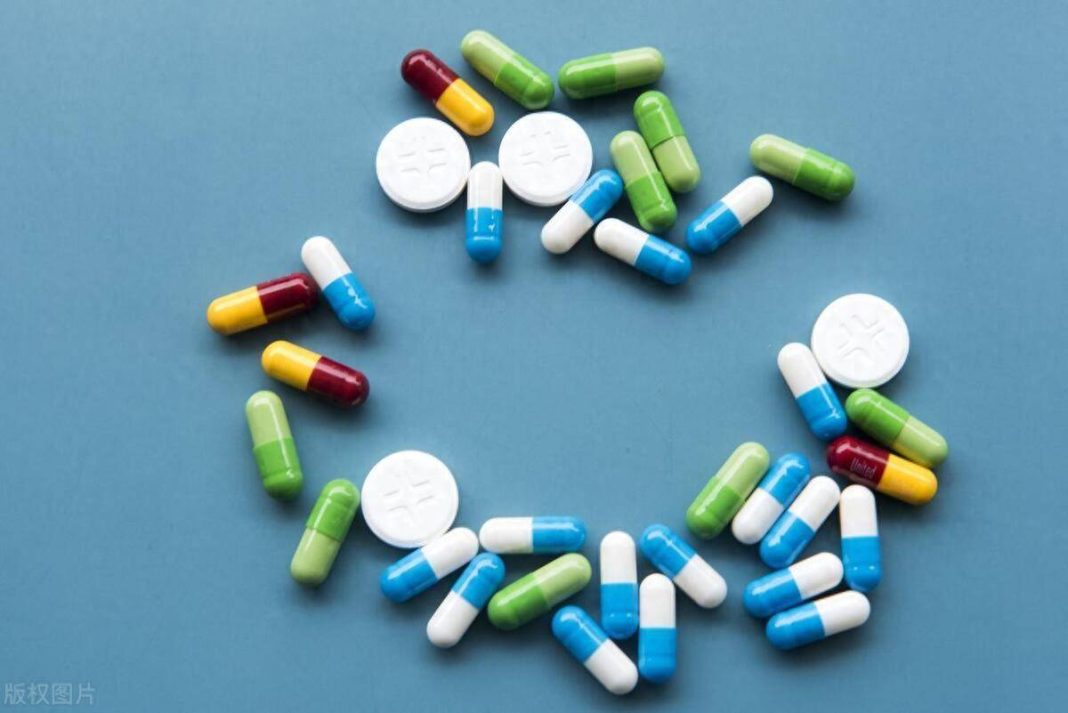For most hypertensive friends, long-term use of antihypertensive drugs is an important measure to control blood pressure, and various antihypertensive drugs more or less have some side effects. In order to prevent the occurrence of side effects, in addition to regular follow-ups and monitoring indicators, we can also reduce their adverse reactions by adjusting our dietary habits.
How can you reduce the side effects of antihypertensive drugs? This article tells you the answer!
First, take a low purine diet when taking diuretics
Diuretics are a commonly used type of antihypertensive drugs, with common ones being hydrochlorothiazide and indapamide. Diuretics can lower blood pressure by promoting kidney sodium and water excretion, but long-term use may lead to increased blood uric acid.
To reduce the elevation of blood uric acid caused by diuretics, we can adopt a low purine diet, drink less sweet beverages like milk tea, avoid alcohol, and consume fewer high purine foods such as animal innards.
In addition, diuretics may also cause a decrease in blood potassium, so we can eat more foods rich in potassium elements, such as bananas, spinach, to supplement potassium ions.
Secondly, when taking calcium channel blockers, avoid eating grapefruit
Calcium channel blockers are also commonly used antihypertensive drugs, such as nifedipine, amlodipine, verapamil, etc. These drugs can lower blood pressure by widening blood vessels, but they can be influenced by grapefruit. Grapefruit contains furanocoumarins, which can inhibit the metabolism of calcium channel blockers, leading to the accumulation of drugs in the body and increasing the risk of adverse reactions. Therefore, while taking calcium channel blockers, avoid eating grapefruit.
Third, when taking ACE inhibitors or ARBs, patients should reduce salt intake
ACE inhibitors or ARBs are another commonly used type of antihypertensive drugs, such as captopril, enalapril, losartan, etc. These drugs can lower blood pressure by inhibiting the generation of angiotensin in blood vessels, but their antihypertensive effects can be affected by salt intake. Therefore, when taking ACE inhibitors or ARBs, patients should reduce salt intake to enhance the antihypertensive effects of the drugs.
Fourth, metoprolol should be taken before meals
This is because food can increase the blood concentration of metoprolol, leading to arrhythmia. Therefore, metoprolol should be taken before meals, not during or after meals. However, sustained-release metoprolol succinate is not affected by food and can be taken before or after meals.
Conclusion
In summary, antihypertensive drugs are important medications for treating hypertension, but they may bring some side effects. By adjusting dietary habits, we can reduce the risk of these side effects and improve treatment effectiveness. During the use of antihypertensive drugs, patients should follow the doctor’s advice, pay attention to dietary adjustments, and regularly monitor blood pressure and drug adverse reactions. If any discomfort occurs, seek medical attention promptly.


